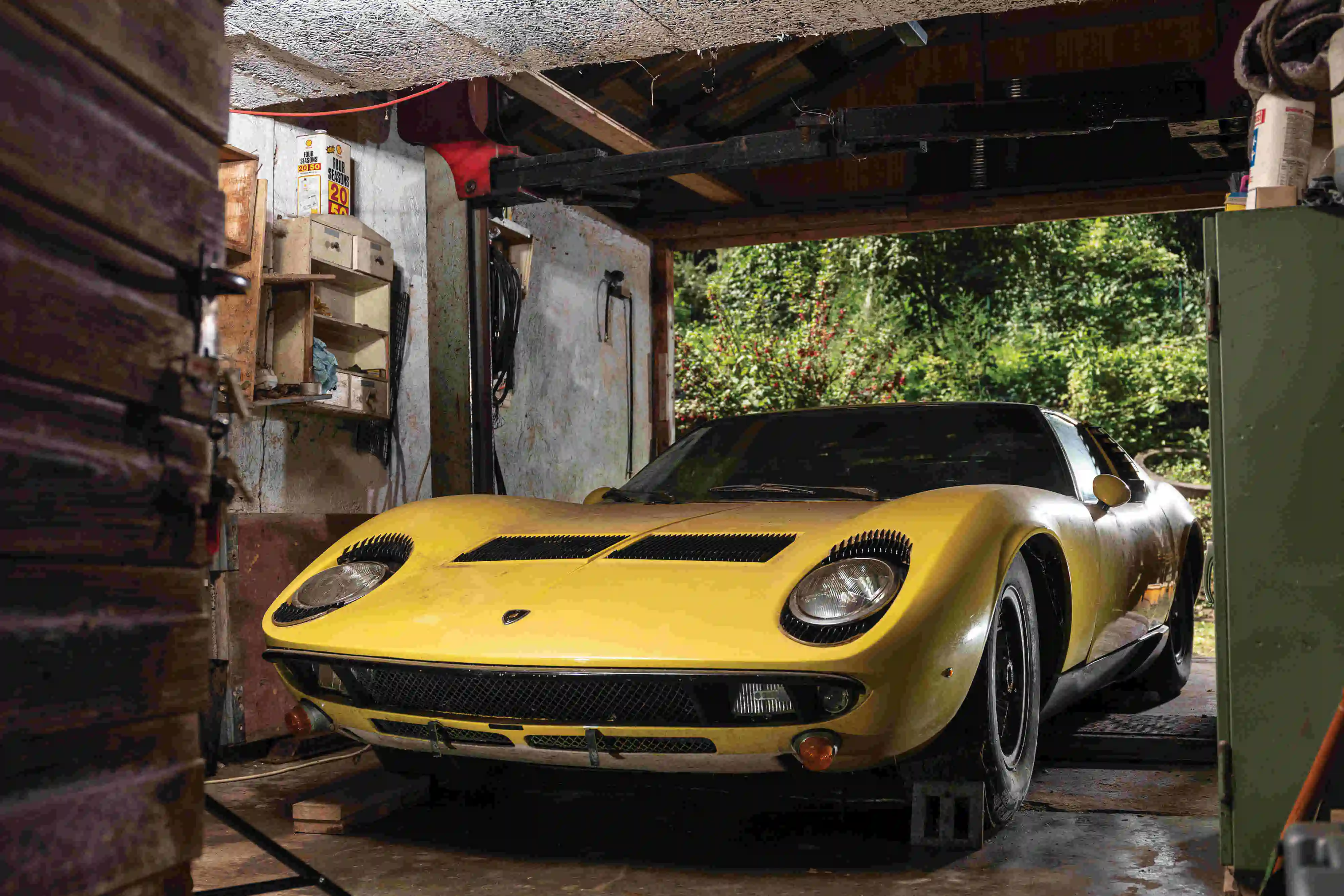Promotional Vehicles - Part 1: Marketing on Wheels
19 April 2025 4 min read 5 images

Photo credit: Planters, Wheelsage
Promotional vehicles, in the US first and in Europe later, anticipated television. In what sense? Looking at them one can immediately understand: the still rather exclusive appeal of the automobile and its ability to move and present itself at large public events with a strong advertising message, anticipated the classic commercial when TV did not yet exist. We are in the first decades of the 20th century and advertising cars proved to be perfect for attracting the attention of the public, including children with a natural role as family ‘influencers’, and promoting products or companies in an innovative and spectacular way. One of the earliest documented examples is the Pep-O-Mint vehicle of 1918, built on a Dodge base. Life Savers, manufacturer of the famous mint sweets, commissioned a special car to advertise their product. This vehicle was made like a giant Pep-O-Mint packet and could not go unnoticed. It was a revolutionary idea with an added opportunity: they could also hand out free candy to those present.
Register to unlock this article
Signing up is free and gives you access to hundreds of articles and additional benefits. See what’s included in your free membership. See what's included in your free membership.
Already have an account? Log In


